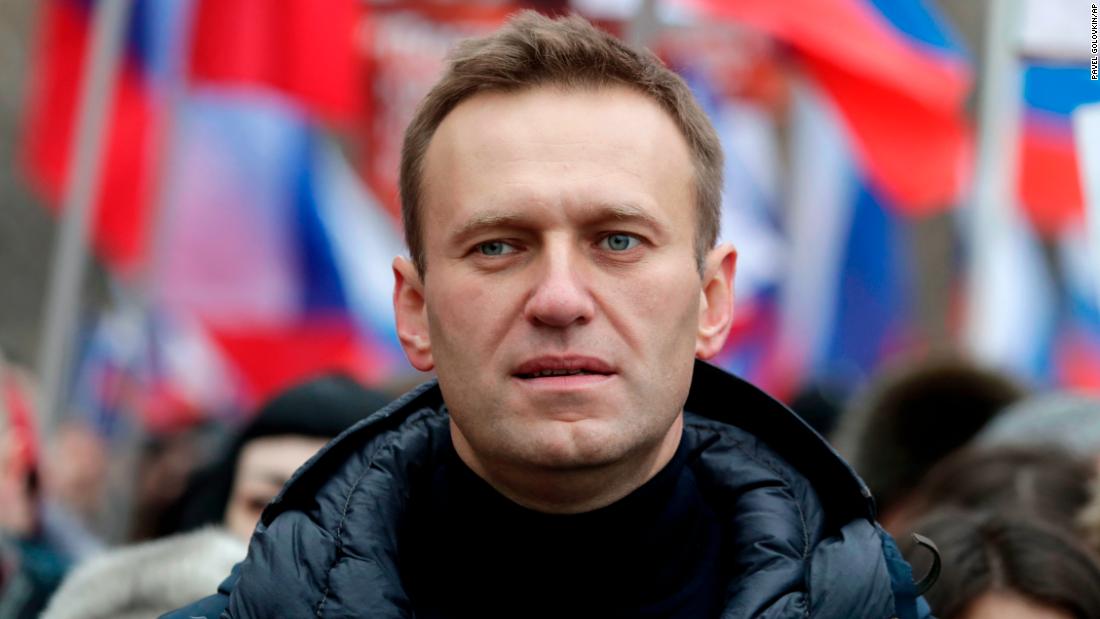
A medical plane has been sent to Omsk by a German NGO in hopes of evacuating Navalny to Berlin for treatment at the Charite clinic.
Asked why Navalny could be so dangerous, Omsk Hospital chief physician Alexander Murakhovsky said Friday “anything could happen, even the saddest possible.”
Navalny’s team claims that transport police in Omsk have discovered a “deadly substance” that poses a threat to his life and the lives of the people around him and says that this is the reason why hospital authorities do not let him move .
The director of Navalny’s Anti-Corruption Foundation (FBK), Ivan Zhdanov, claimed that while in the hospital “a member of the transport police came and showed his phone [to the physician] saying: ‘this substance has been found.’ “
Zhdanov claimed that the chief doctor replied: “Well, ok, it was found [so what?]. I have no other information. “
Zhdanov said he asked the policeman what the substance was and claimed he was told: “It is a secret of the investigation, we can not tell you, but it is a deadly substance. This substance is a threat not only to life from Alexey, but also around others. Everyone around should wear protective suits. “
“That’s all she said. What substance is it? We do not know yet,” Zhdanov told reporters at an impromptu news conference.
Speaking at the same news conference, the wife of Russian opposition leader Yulia Navalnaya said that the hospital authorities refused to transport Navalny and she believed that they were doing this to cover up signs of a so-called “chemical substance”.
“They refuse to transport him. They say they can not do it now and that he is not transportable, although we would have prepared documents for his transport two hours ago. That’s why the transport police were here.
“After that two hours were over, and [the doctors] refuse to give Alexey to us so we can transport him. “
Navalnaya added: “We obviously think it is done to eliminate the chemical substance that is in Alexey’s body. Therefore, he is obviously not given to us, so the substance residues disappear.”
Navalnaya said that “he [Navalny] is not in very good condition and we obviously cannot trust this hospital and we demand that Alexey be given to us so that we can treat him in an independent hospital whose doctors we trust. “
On Friday, Anatoly Kalinichenko, deputy chief physician of the Omsk ambulance hospital, said doctors did not believe Navalny was poisoned.
No toxins were found in Navalny’s blood or urine, so “we do not believe the patient suffered poisoning,” Kalinichenko told local journalists at a news conference.
“Toxins as traces of their presence in the body have not been identified. Probably the diagnosis of ‘poisoning’ remains somewhere in the back of our heads. But we do not believe that the patient suffered poisoning,” he added.
When asked if Navalny was allowed to travel to Berlin, Murakhovsky said that Omsk Hospital had no contact with Charite, but it was in contact with hospitals in Moscow.
“I do not think that specialists of the Burdenko and Pirogov [hospitals in Moscow] are less than the hospital you mentioned. If the patient was in stable condition, the specialists of our clinic and the doctors concilium that we hold together would not object to [his transportation]. But for today, transportation is too early. “
.